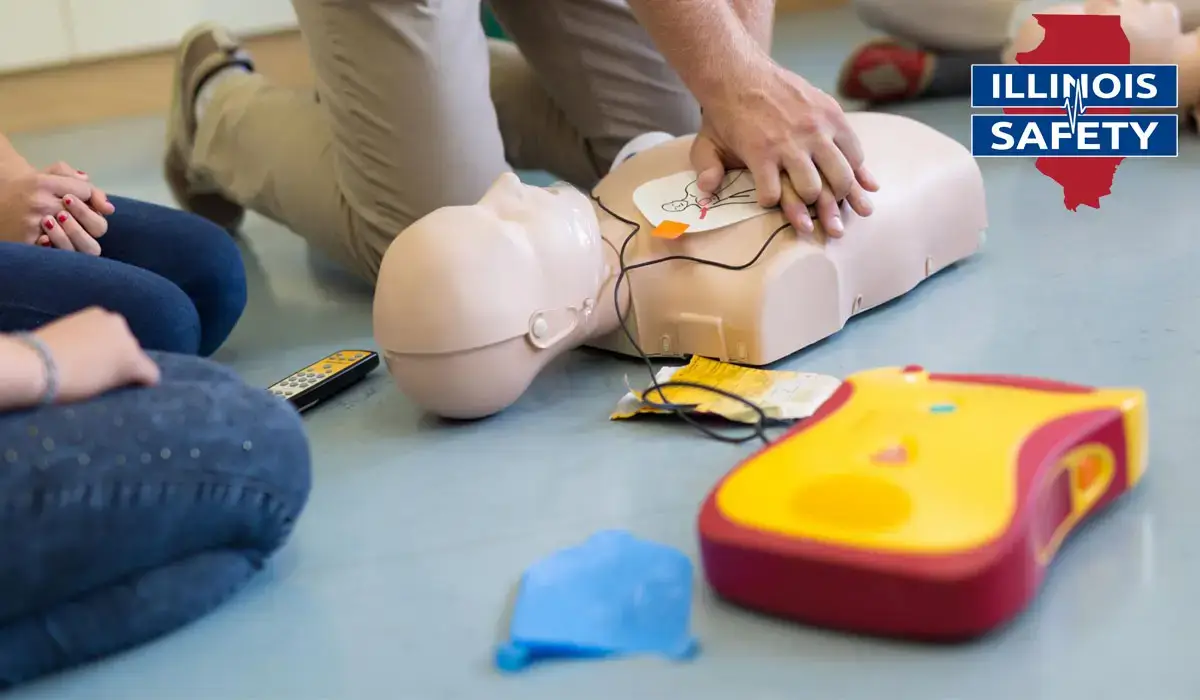
What Jobs Require CPR Certification in Illinois?
Illinois Jobs That Require CPR Certification
Ensuring safety in various professional environments often hinges on the preparedness and skills of individuals to respond to emergencies. In Illinois, many jobs mandate CPR (Cardiopulmonary Resuscitation) certification as a crucial qualification. Whether you’re in healthcare, public safety, education, corporate, or sports, being CPR certified can make the difference between life and death in critical situations. At Illinois Safety, we offer comprehensive CPR and BLS certification classes to equip you with the necessary skills. Explore our BLS Certification Classes, read our Reviews, and check out our FAQs to learn more. Ready to get certified? Contact us at (630) 290-4280 to enroll in our courses.
Healthcare Professionals: Jobs That Require CPR
Many roles within the healthcare sector require CPR certification to ensure that professionals can provide immediate life-saving assistance. In Illinois, healthcare professionals across various settings need to be equipped with CPR skills to respond to emergencies swiftly and effectively.
• Nurses And Nursing Assistants
Nurses and nursing assistants are at the forefront of patient care, often being the first responders in medical emergencies. CPR certification is essential for these professionals to perform life-saving techniques effectively in various healthcare settings, including hospitals, nursing homes, and outpatient facilities. In these environments, the ability to administer CPR can mean the difference between life and death, particularly in cases of cardiac arrest where every second counts. Continuous training and recertification ensure that nurses and nursing assistants are always prepared to handle such critical situations.
• Emergency Medical Technicians (EMTs)
Emergency Medical Technicians (EMTs) play a critical role in providing pre-hospital care. They are often the first on the scene in emergencies, making CPR certification crucial. In Illinois, EMTs must maintain their certification through regular training and recertification courses. This ensures they are up-to-date with the latest CPR techniques and protocols, enabling them to deliver effective care during emergencies. The rigorous training EMTs undergo prepares them to handle a variety of scenarios, from roadside accidents to medical crises at home, making their role indispensable in emergency medical services.
• Physicians And Medical Practitioners
For physicians and other medical practitioners, having CPR certification ensures they are prepared for cardiac emergencies. This certification enhances their ability to provide comprehensive care and respond swiftly in critical situations, such as during surgeries or in emergency rooms. Physicians are often required to lead resuscitation efforts, making it imperative that they are proficient in CPR. Additionally, ongoing education and hands-on practice help medical practitioners stay current with the latest advancements in CPR, further improving patient outcomes.
Public Safety And Emergency Services
Public safety professionals need CPR certification to effectively manage emergencies and provide immediate care before medical personnel arrive. These roles are critical in ensuring community safety and require individuals to be well-prepared for any situation.
Firefighters
Firefighters are frequently called upon to provide first aid and CPR in addition to their firefighting duties. In Illinois, firefighters are required to undergo CPR certification and regular recertification to stay current with life-saving techniques. The nature of their job means they often encounter victims of smoke inhalation, heart attacks, and other emergencies that necessitate quick and efficient CPR administration. By being CPR certified, firefighters can provide essential life-saving interventions while awaiting the arrival of paramedics, significantly improving the chances of survival for victims.
Police Officers
Police officers often encounter situations where they need to administer CPR before medical help arrives. Maintaining CPR certification is crucial for law enforcement officers to handle emergencies effectively and save lives. In their line of duty, officers may come across individuals experiencing drug overdoses, cardiac arrests, or other medical crises. CPR training equips them with the skills needed to stabilize individuals until paramedics take over. Regular updates and drills ensure that police officers remain adept at performing CPR, enhancing their ability to serve and protect the community.
Lifeguards And Aquatic Staff
Lifeguards and aquatic staff must be proficient in CPR to respond to drowning incidents and other emergencies in water settings. CPR certification is a mandatory requirement for these jobs, ensuring they can act quickly and efficiently in life-threatening situations. In aquatic environments, the risk of drowning is high, and immediate intervention is critical. Lifeguards undergo specialized training that includes both standard CPR and techniques specific to water rescues. This comprehensive training prepares them to manage emergencies effectively, safeguarding the lives of swimmers and patrons.
Education And Childcare Providers
In educational and childcare settings, CPR certification is essential to ensure the safety and well-being of children and students. Staff members trained in CPR can respond promptly to emergencies, providing peace of mind to parents and guardians.
• Teachers And School Staff
In educational settings, teachers and school staff with CPR certification are better equipped to handle emergencies involving students. Illinois mandates that school staff undergo CPR training to ensure the safety and well-being of students. Schools are environments where children are active and prone to accidents. Having CPR certified staff ensures that immediate assistance is available in case of choking, respiratory distress, or cardiac emergencies. Regular drills and refresher courses help school staff maintain their CPR skills, fostering a safe learning environment.
• Childcare Providers And Daycare Workers
Childcare providers and daycare workers must have CPR certification to care for infants and children safely. This certification prepares them to respond to emergencies such as choking, cardiac arrest, or respiratory distress, which are critical in childcare environments. Young children are particularly vulnerable to accidents and medical emergencies. By being CPR certified, childcare providers can offer immediate care, potentially saving lives and preventing long-term harm. Continuous training and practical exercises ensure that daycare workers remain proficient in CPR techniques, enhancing the overall safety of childcare facilities.
Corporate And Workplace Safety
Maintaining a safe workplace often requires having people who are trained in CPR to act quickly in case of an emergency. In business settings, having trained people can make a big difference in critical situations.
• Office And Facility Managers
Office and facility managers with CPR certification contribute significantly to workplace safety. They are trained to respond to medical emergencies, ensuring that immediate assistance is available until professional help arrives. In large office buildings or industrial facilities, the risk of accidents or medical emergencies is always present. Having CPR certified managers means that there is always someone on-site who can provide critical care in the event of an emergency. This not only enhances the safety of employees but also promotes a culture of preparedness within the workplace.
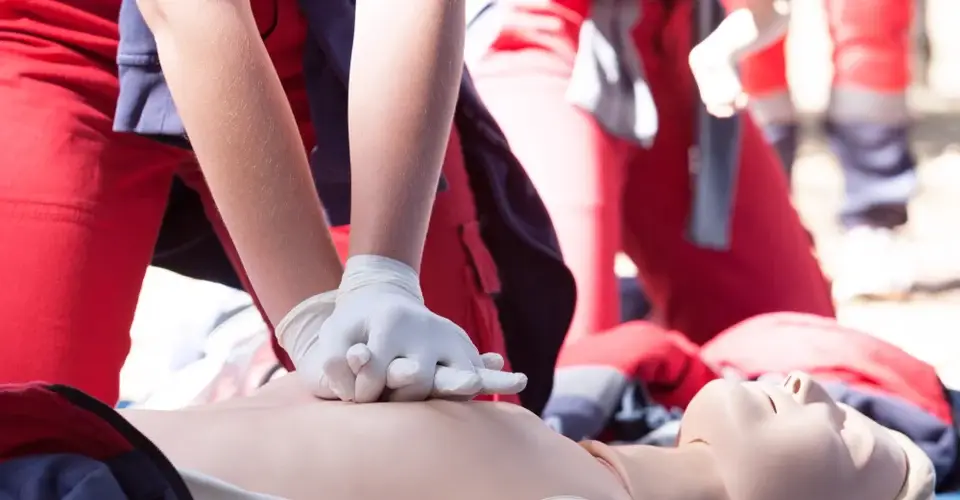
• Occupational Health And Safety Officers
Occupational health and safety officers are responsible for maintaining a safe work environment. CPR certification enables them to act quickly in emergencies, providing crucial first aid and potentially saving lives. These professionals are tasked with identifying potential hazards and implementing safety protocols. With CPR training, they are equipped to handle emergencies effectively, ensuring that employees receive immediate care in case of incidents. Their role is pivotal in promoting health and safety standards, making workplaces safer for everyone.
Sports And Recreation
In sports and recreational activities, CPR certification is vital to handle emergencies and ensure the safety of participants. Coaches, trainers, and instructors with CPR skills can provide immediate assistance, enhancing the safety of their programs.
Coaches And Athletic Trainers
Coaches and athletic trainers must be CPR certified to manage sports-related injuries and emergencies. This certification is vital for ensuring the safety of athletes during training sessions and competitions. Athletes are at risk of sudden cardiac events, injuries, and other medical emergencies. By being CPR certified, coaches and trainers can provide immediate care, stabilizing the athlete until further medical assistance arrives. Regular training and certification updates ensure that these professionals remain proficient in life-saving techniques, contributing to the overall safety of sports programs.
Personal Trainers And Fitness Instructors
Personal trainers and fitness instructors with CPR certification are prepared to handle health emergencies in fitness settings. This training ensures they can provide immediate assistance to clients experiencing cardiac events or other medical issues during workouts. Fitness environments can sometimes push individuals to their physical limits, increasing the risk of medical emergencies. Trainers with CPR certification are equipped to respond promptly, providing essential care and support. Their preparedness can prevent severe outcomes and reassure clients of their safety during training sessions.
Jobs that require CPR is not just a professional requirement but a life-saving skill that can make a significant difference in emergencies. Across various sectors in Illinois, having CPR certification ensures that professionals are prepared to act swiftly and effectively. If you’re looking to obtain or renew your CPR certification, Illinois Safety offers top-notch training programs tailored to your needs. Visit our BLS Certification Classes page for more information or call our team at (630) 290-4280 to enroll today. Your readiness can save lives—take the step to become CPR-certified now.
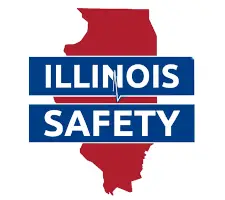
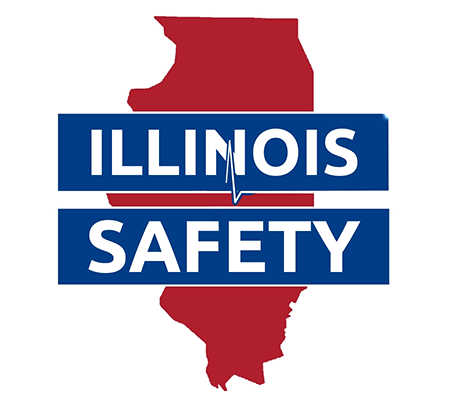

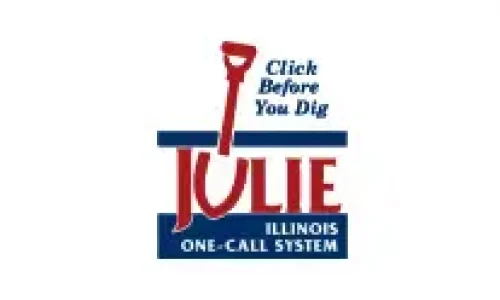




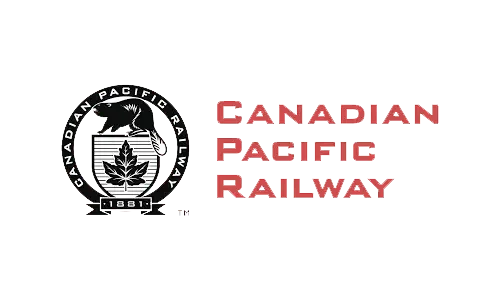


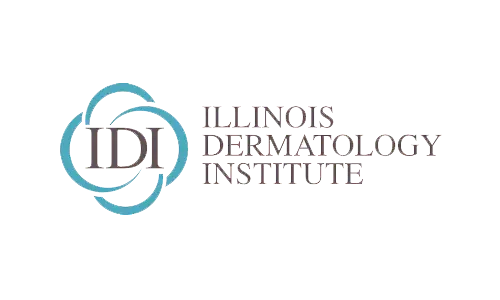


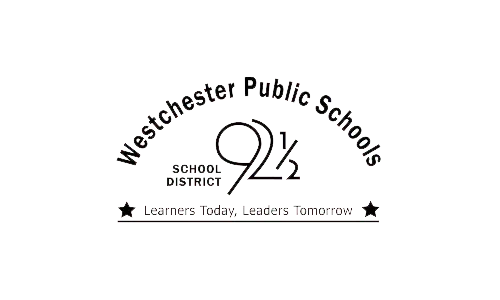





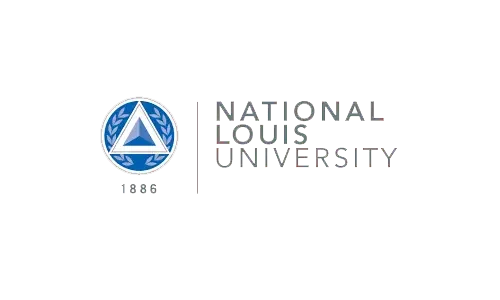




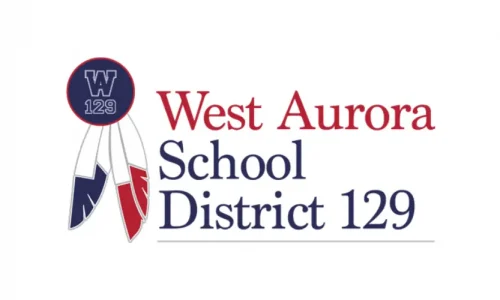


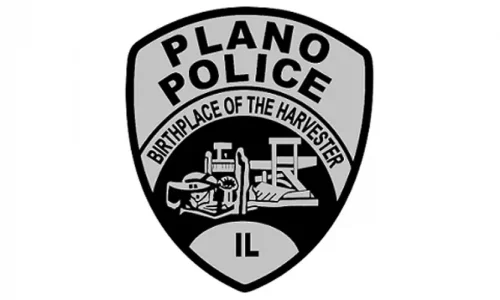
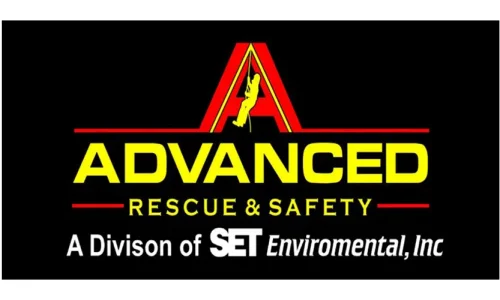


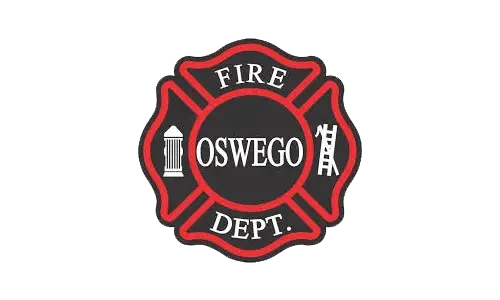
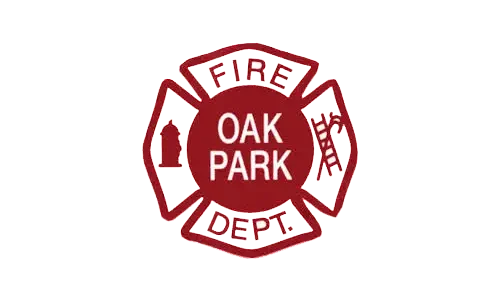

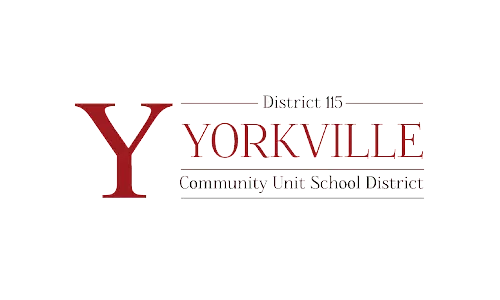
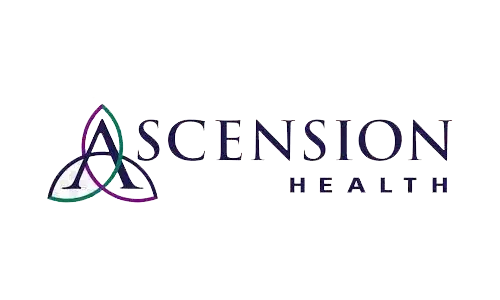


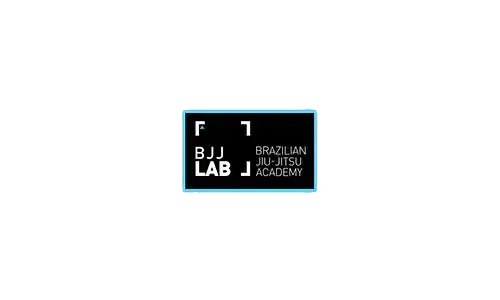
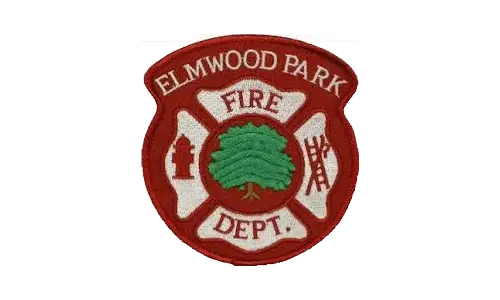


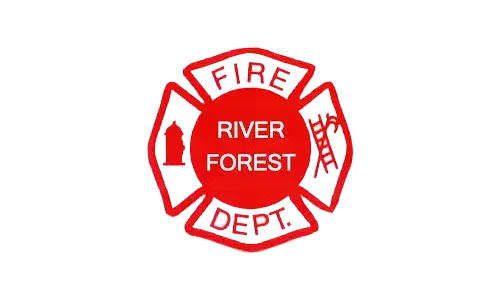
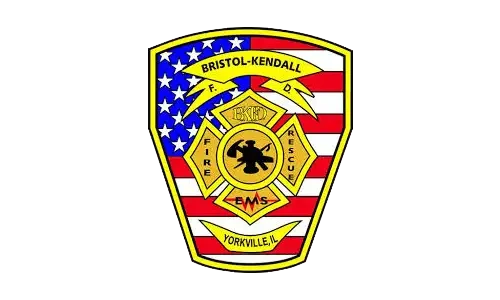

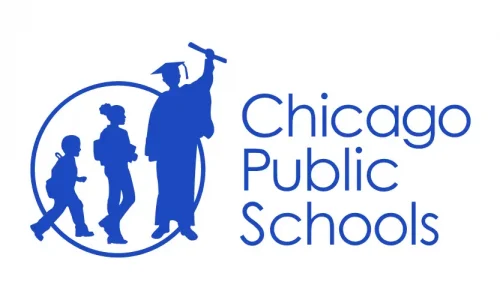
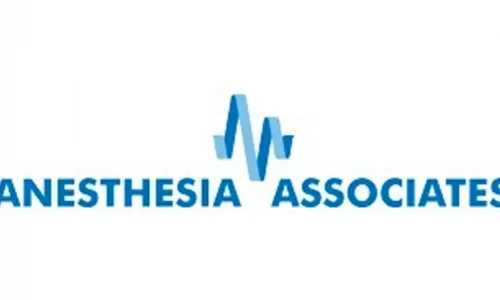
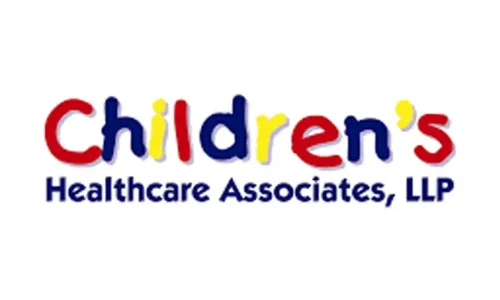
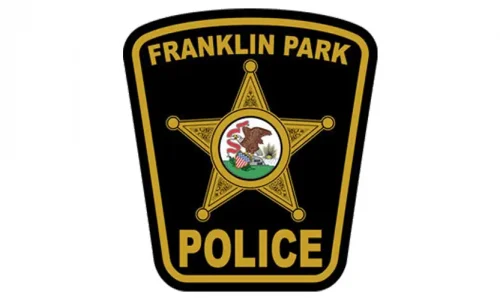
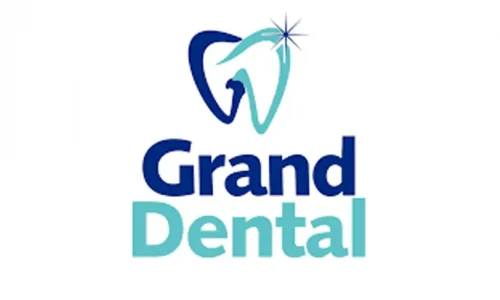
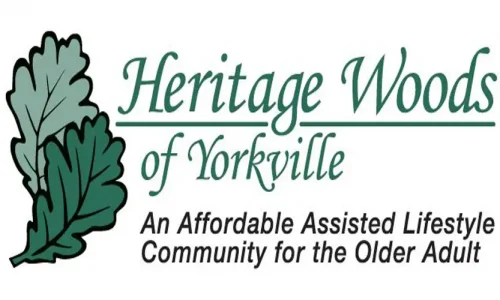
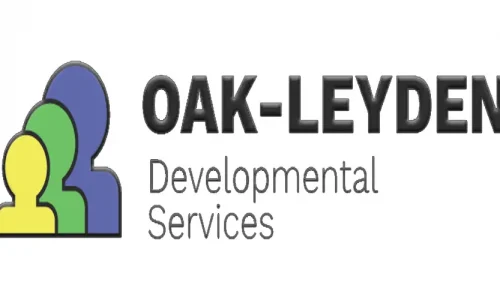
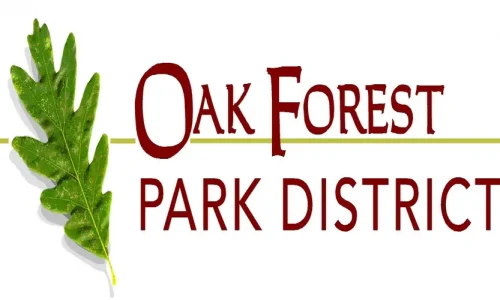
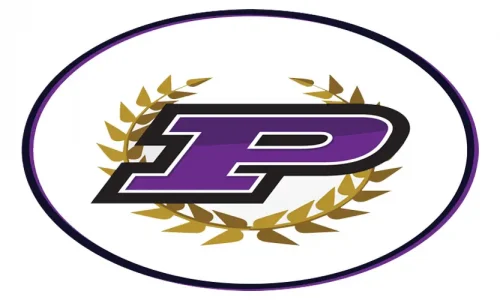

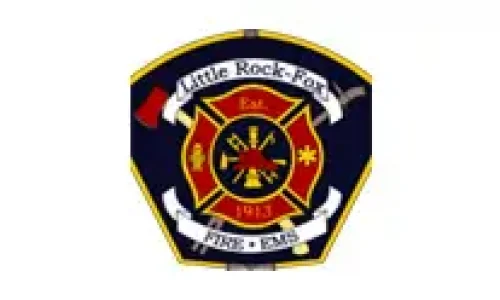

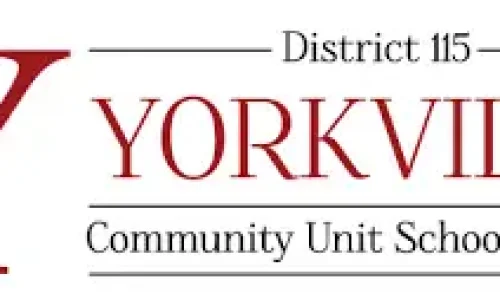
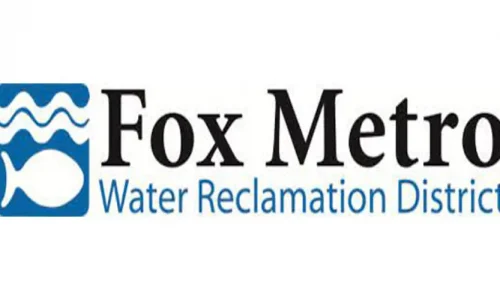

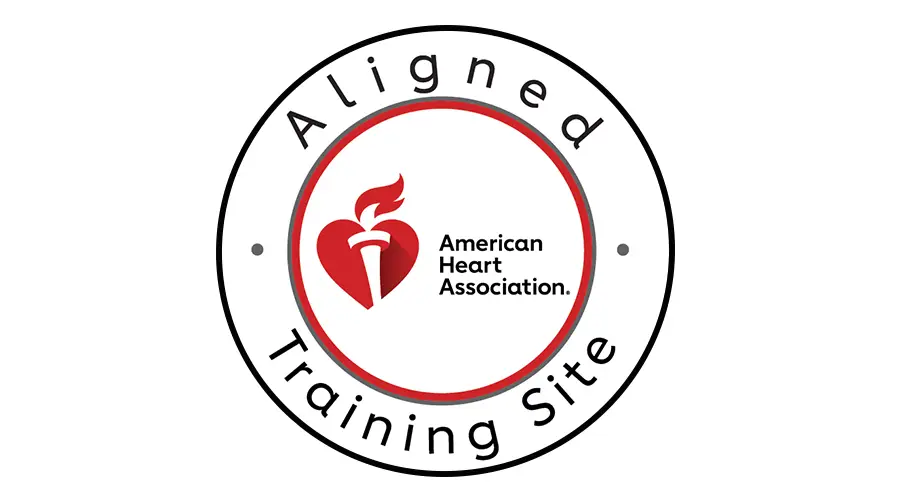
 Powered by
Powered by